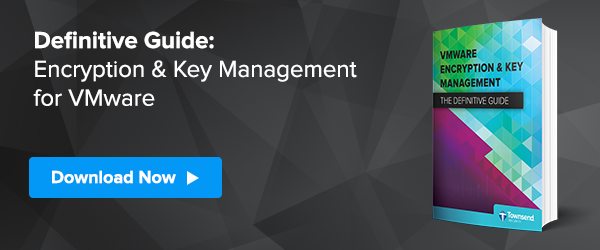Those of us in the data security industry often wear technology blinders as we go about the business of trying to secure the sensitive data of the organizations we serve. Every organization has limited resources and it is hard to compete with line of business needs in terms of budget and human resources. It’s an ongoing struggle that comes with the territory.
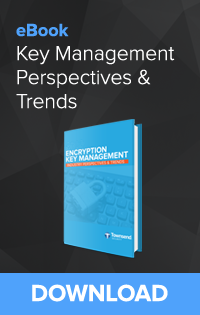 Of course, any organization that has suffered a severe data breach quickly changes its attitude towards investing in security. The internal attitudes at Target, Anthem and Sony are different today than they were in the past, and for good reasons.
Of course, any organization that has suffered a severe data breach quickly changes its attitude towards investing in security. The internal attitudes at Target, Anthem and Sony are different today than they were in the past, and for good reasons.
For those who’ve not experienced a data breach, the organizational costs remain vague and theoretical. I thought you might like to read how an attorney views the impacts of a data breach that involves the loss of credit card information. David Zetoony, an attorney with the legal firm Bryan Cave, has written several white papers discussing aspects of security. These are very readable works and well worth the time. Even if you are not processing credit card payments, I think this article is relevant to the loss of any sensitive data.
Here is his paper on the impacts of a data breach involving credit cards.
There is a bonus section in this paper about cyber insurance. In my eBook on Key Management Trends and Predictions I mention Cyber Insurance as an evolving industry. This paper by David Zetoony delves much deeper into the issues related to Cyber Insurance. He provides some very practical advice on how to think about Cyber Insurance and how to evaluate potential coverage. If you are new to the topic, or if you’ve not reviewed your Cyber Insurance policy for more than a year, you need to read the second part of David’s paper.
Neither I nor Townsend Security has any relationship with David Zetoony and the legal firm of Bryan Cave. I stumbled on this David’s work and thought you might find this informative. For those of you making the case for increased security, you might consider sharing David’s paper with your management team and legal counsel.
Patrick

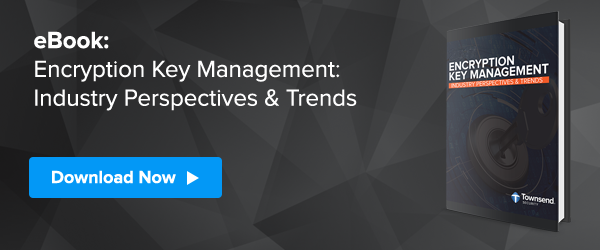
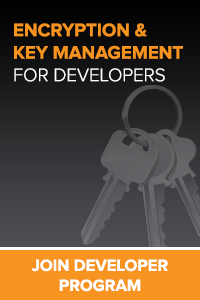
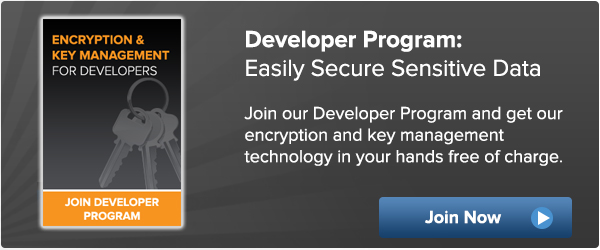
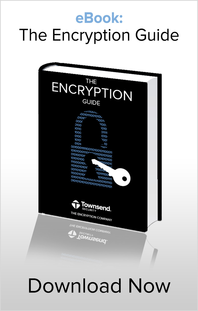
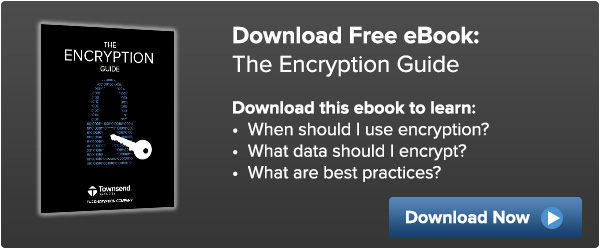


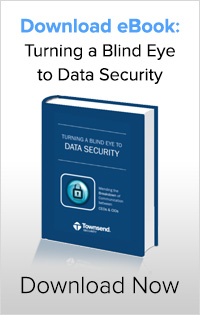




 Todd Ostrander
Todd Ostrander
